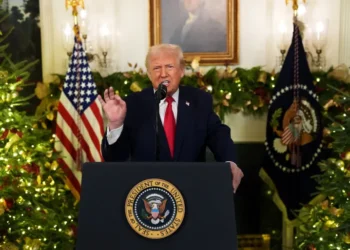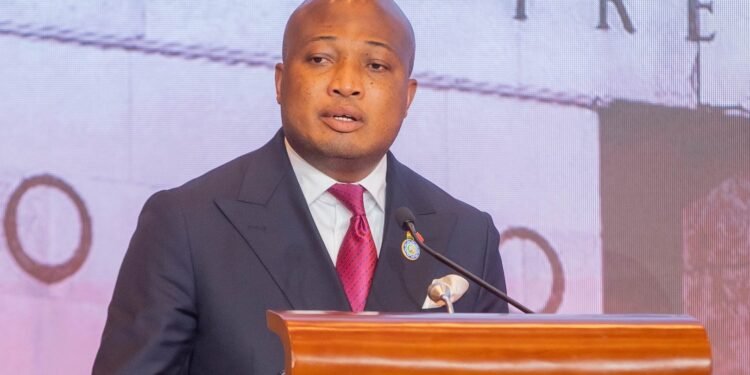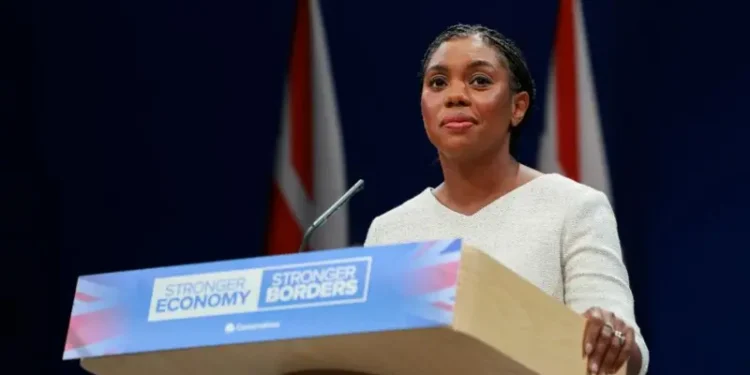The US House of Representatives and the Senate have passed an $892 billion (€729 billion) coronavirus relief package expected to deliver assistance to businesses and individuals hit by the pandemic in the United States.
The financial relief deal garnered overwhelming support from both Democrats and Republicans and was rushed through both chambers of Congress. The White House has also confirmed that outgoing President, Donald Trump would sign off on the bill.
The stimulus means most Americans will receive $600 in a one-time direct payment, as well as $300 per week in temporary supplemental jobless benefits.
The bill is also set to provide hundreds of billions of dollars in additional aid to small businesses as well as $25 billion for rental assistance.

US Treasury Secretary, Steven Mnuchin said in an interview the Treasury Department would be sending out $600 checks to US citizens as soon as next week.
“It’s money that gets recirculated in the economy, so people go out and spend this money and that helps small business and that helps getting more people back to work,” Mnuchin posited.
In a statement, President-elect Joe Biden applauded the bipartisan deal in Congress and called it “a lifeline” for millions of US citizens struggling with the pandemic. He also signalled he will be asking Congress for more funding to address the virus when he takes office on January 20
“Our work is far from over,” Biden assured.
House Majority Whip, James Clyburn, a Democrat, called the bill “woefully incomplete,” advancing that the “package must be viewed only as a down payment”.
The COVID-19 relief bill extends a federal ban on evictions until the end of January and provides $25bn in rental assistance to families struggling to pay rent.
The bill also includes the provision of $3.36bn for GAVI, the international vaccine alliance, a partnership of the World Health Organisation, UNICEF, the World Bank and the Bill and Melinda Gates Foundation that provides vaccines to people in low-income countries.

It provides $82bn in funding for colleges and schools, including support for repair and replacement of heating and air-conditioning systems and mitigation steps needed to prevent transmission of the virus.
It also provides $45bn for public transportation agencies, including $4bn for the New York City subway and bus system.
And it includes $15bn in dedicated funding for live entertainment venues, independent movie theatres and cultural institutions that have been forced to close during the pandemic.
The package is the second-largest stimulus bill in US history, following the $2.2 trillion in aid that was passed under the CARES Act in March. It is also said to be the longest in US history with some lawmakers noting that it was extremely difficult to read through the particulars of the 5,593-page bill.
More than 319,000 people have died and more than 18 million have been infected by of the coronavirus in the US, making it the US the world’s worst-hit by the pandemic, according global data compiled by Johns Hopkins University.























